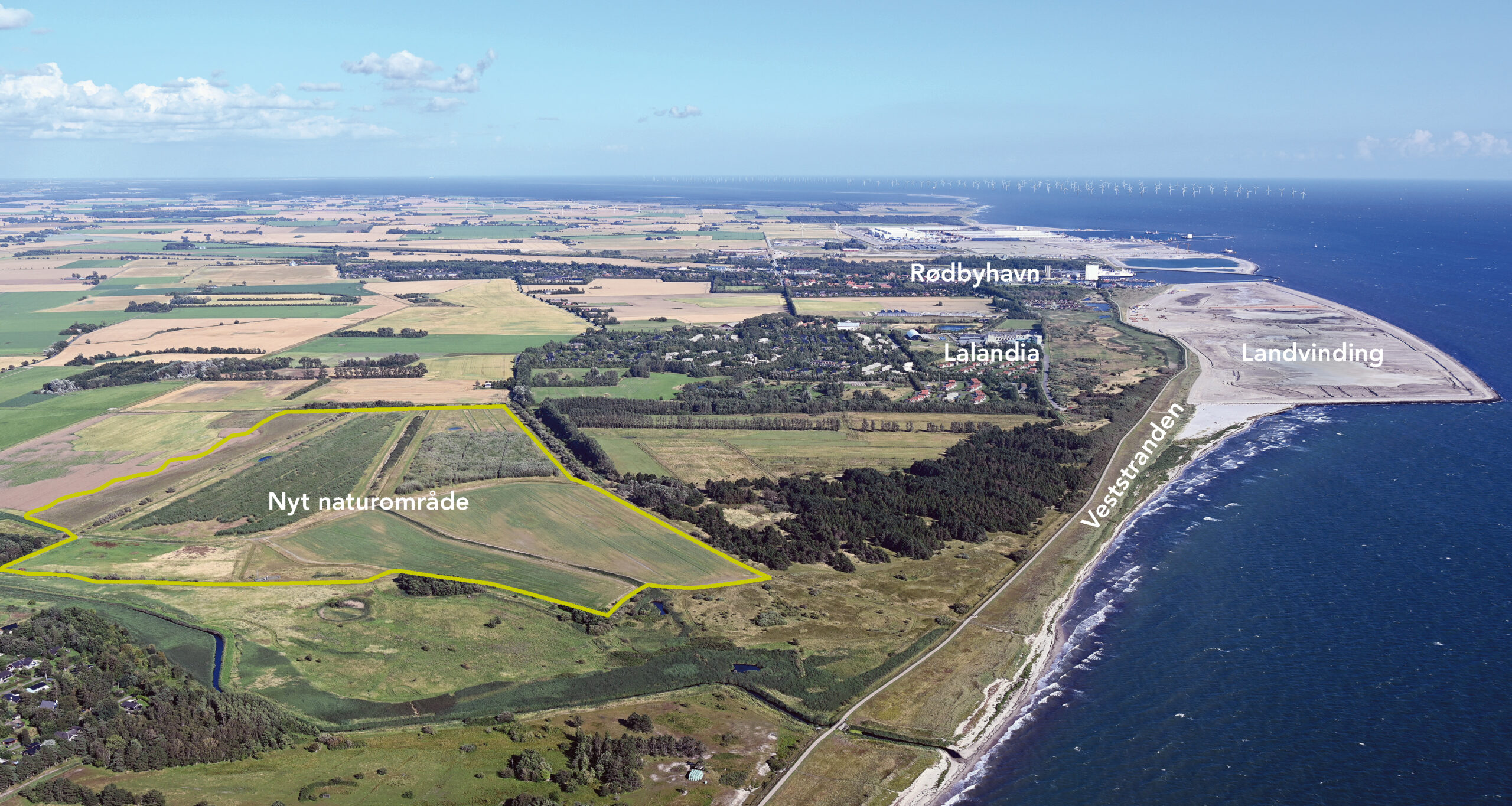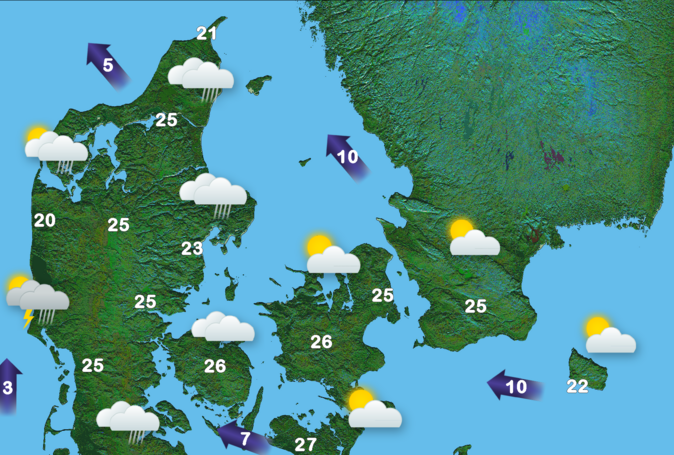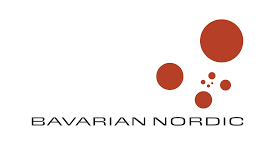If the Red and Whites are to hold on to any hope of booking their place in Brazil for the 2014 World Cup, then wins away in Malta on Friday and then Armenia on Tuesday are needed to revive their moribund start in Group B.
Every nation in Group B is technically still in contention to qualify, but with just six points from six games, Denmark are perilously close to elimination. Only the top nation – at this moment Italy – advances directly to Brazil, while the second-placed side will enter a playoff should its qualifying record not be the worst of all the runners-up in Europe.
Denmark has no margin for error: something even national coach Morten Olsen admitted earlier this summer.
“I do not think we are fighting to be at the World Cup,” Olsen told reporters after the nightmare 0-4 result at Parken stadium against Armenia in June. “Realistically it will be very difficult.”
Olsen has shaken up his squad for the upcoming trip, dropping Arsenal striker Nicklas Bendtner because of the 25-year-old’s lack of playing time at the Emirates. He later warned Bendtner to find a new club if he wants to play another international. Former FC Copenhagen star Andreas Cornelius also won’t make the trip, having reinjured his ankle at his new club Cardiff City. To fill the void, Olsen has tapped Rosenborg striker Nicki Bille Nielsen following his excellent start in the Norwegian Tippeligaen with eight league goals.
In a surprise, Olsen has also added 21-year-old Rasmus Falk as another goal-scoring option. Falk was originally picked to play for Denmark’s under-21 team, but Olsen felt his services were necessary for the A squad after a strong start to the season at Odense Boldklub.
Olsen, whose position as coach is increasingly under scrutiny despite a Danish FA vote of confidence in early August, will be keen to avenge a defeat to Armenia that he called “the worst night of my footballing life”, speaking to TV2 afterwards.
Particularly at fault that night were the back four, but they have every reason to be confident this time around. Simon Kjær, who played arguably the worst game of his career that night, has been in fine form for French League 1 side Lille, while Liverpool vice-captain Daniel Agger didn’t feature against Armenia.
In an effort to improve the midfield, Olsen experimented with Christian Eriksen on the left side in a recent friendly with Poland, and the new Tottenham signee responded with a spectacular free-kick goal. His former Ajax teammates Nicolai Boilesen and Viktor Fischer also logged solid performances in Gdansk.
Failure to get a result in Malta – the bottom side in Group B – would cast the trip as a failure, regardless of what happens in Armenia. Two wins, however, changes the tenor of the group. Denmark has no chance of catching the Azzuri, but could feasibly overtake second-place Bulgaria to enter the play-offs. This requires a lot of fortunate results in the other matches, but is still not outside the realm of possibility. Anything but two wins, and it will be.














